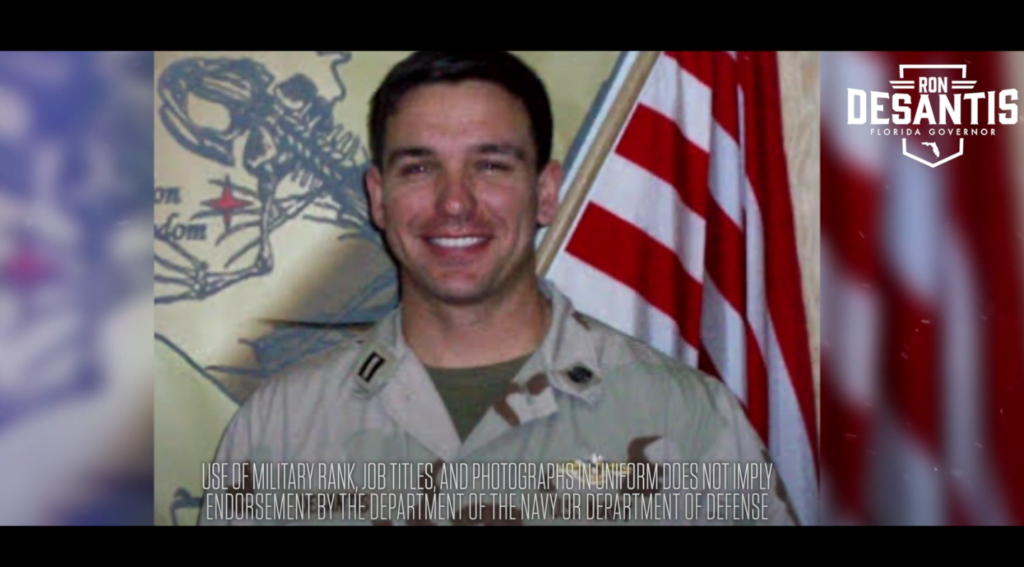Florida is on the brink of carrying out what many are calling a tragic and avoidable series of executions. Over the next few weeks, three U.S. military veterans—Norman Mearle Grim, Jr., Bryan Frederick Jennings, and Richard Randolph (Malik Abdul-Sajjad)—are scheduled to be executed, exposing deep flaws in the state’s death penalty system and raising urgent questions about justice, mercy, and accountability.
Norman Mearle Grim, Jr.: A Veteran Denied Protections
Tomorrow at 6 p.m., Florida plans to execute Norman Mearle Grim, Jr., a Navy veteran whose life was shaped by trauma and cycles of abuse. Norman grew up in a multigenerational environment of violence and alcoholism. After serving four years in the Navy, he sought help for his mental illness and early-life trauma but found little relief. Norman has accepted responsibility for the crime that led to his death sentence, but in a cruel twist of fate, he has waived his final appeals and faces execution without legal counsel or the protections guaranteed to every person under the law.
Norman’s story reflects a system that punishes individuals shaped by trauma rather than providing rehabilitation or justice. Advocates urge the public to take immediate action: signing and sharing petitions, sending messages to Governor DeSantis, and joining vigils and peaceful protests outside Florida State Prison tomorrow, October 28, at 5:00 p.m. Each voice adds pressure to halt this execution and demand mercy.
Bryan Frederick Jennings: A Lifetime on Death Row Without Representation
On November 13, 2025, Florida plans to execute Bryan Frederick Jennings, a 66-year-old Marine Corps veteran who has been on death row for nearly 50 years. Despite legal guarantees for continuous state-appointed postconviction counsel, Mr. Jennings went more than three years without an attorney. His federal legal team filed an emergency §1983 civil rights action, arguing that Florida violated his constitutional rights to due process, equal protection, and meaningful access to the courts.
The case of Bryan Jennings exposes systemic failure within Florida’s death penalty machinery. A man who has spent decades behind bars, without proper legal representation, is now facing execution—underscoring the collapse of due process and the urgent need for public intervention. Citizens are encouraged to sign petitions and write letters to Governor DeSantis and the Florida Board of Executive Clemency to halt this execution.
Richard Randolph (Malik Abdul-Sajjad): Redemption Ignored
One week after Bryan Jennings’ scheduled execution, Florida plans to execute Richard Randolph, also known as Malik Abdul-Sajjad, a U.S. Army veteran and devout Muslim who has transformed his life while on death row. Malik was sentenced under a legally questionable scheme, with a jury vote of only 8-4—a practice deemed unconstitutional by the U.S. Supreme Court less than ten years ago. Newly discovered evidence reveals that Malik’s early life, marked by claims of abandonment, was based on falsehoods: his birth mother, a teenager at the time, has spent fifty years searching for him.
Malik’s case demonstrates the moral and procedural failings of Florida’s death penalty system. Executing a man who has shown profound personal change and whose clemency review is outdated represents not justice but cruelty. Advocates are calling for his sentence to be commuted to life in prison and urge the public to sign petitions and reach out to state leadership immediately.
A System in Crisis
If carried out, these three executions will mark Florida’s 17th execution this year—the highest in two centuries. Each case reflects systemic issues: veterans punished after service, individuals denied legal representation, and lives altered by trauma overlooked in the pursuit of capital punishment. The stories of Norman, Bryan, and Malik expose the human cost of a system that prioritizes death over rehabilitation, oversight, and mercy.
How You Can Take Action
Sustainable Action Now urges readers to act immediately to protect these veterans:
- Sign and share petitions demanding a halt to all three executions.
- Contact Governor DeSantis and the Florida Board of Executive Clemency to request clemency and intervention.
- Join vigils and peaceful protests, or participate online, to show solidarity and raise awareness about the systemic failings of the death penalty.
History will remember how we responded. Standing together sends a clear message: the killing of veterans shaped by trauma, abandoned by the system, and denied due process is not acceptable. Advocates and citizens alike must unite to demand justice, accountability, and the preservation of life.
For more information and resources on the death penalty and its systemic issues, readers can visit Sustainable Action Now: Death Penalty. Every signature, message, and act of advocacy contributes to ensuring that justice is tempered with mercy and that no individual is executed without due consideration of the law and humanity.


